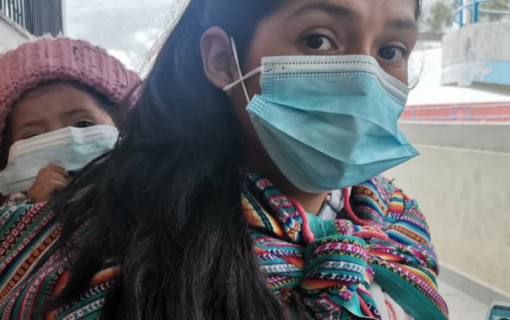1991 Nepalese Elections: A Pre- Election Survey November 1990
Executive Summary
Introduction. The IFES team, which visited Nepal October 24- November 3, felt privileged to have been witness to fundamental change in the Kingdom's political destinies---and to have had the opportunity, through our presence and our discussions with a wide range of officials and private individuals, to underline the strong support of IFES and of the U.S. Government for the democratic process. Although we left before the promulgation of the Constitution and publication of a new electoral law, it was evident that the events of 1990 had produced a constitutional monarchy and set the stage for national multi-party elections, to be held in the spring of 1991---a fundamental break from the system which has prevailed over the past 30 years.
The Institutional Framework. Nepal's new constitution, promulated by King Birendra only on November 9, provides for a monarchy with sharply limited powers, a bill of rights, an independent Election Commission, and a parliamentary cabinet system of government. Next spring, Nepalese voters will elect a House of Representatives from 205 single-member constituencies. The Prime Minister and most cabinet members will be drawn from the House. The apportionment of seats, while far more equitable than the distribution under the old constitution, still gives somewhat greater weight to votes cast in Nepal's hill and mountain regions. Voters, who must be 18 or older, will have the opportunity to vote for candidates who are representatives of registered political parties or independents. There are now at least 45 political parties in Nepal; the yet-unpromulgated electoral law will outline the requirements for party registration.
Prospects and Concerns. The Nepalese approach elections with a mixture of deep hope and a fair amount of apprehension. We believe that elections, while posing some unique challenges, will take place as scheduled. Nepal is fortunate to have not only an interim coalition government which enjoys broad support, but also a highly-regarded, professional and impartial Election Commission, which deserves very high marks for its preparations to date. However, the most difficult work lies ahead, compounded by a compressed time frame, resource limitations and other obstacles.
We found special concern that intimidation and violence may become serious problems as the campaign progresses, and that in some areas local administrative and police officials may be unable to cope with threats to peaceful elections. We also identified concerns, although less frequently stated, about the impact of unchecked money (some of it from foreign sources) on the process, about inaccuracies in voters' rolls, about possible shortfalls or inadequacies in certain election-related commodities, and about the consequences of voters' inexperience with elections in a multiparty context. In addition, there remain some important unanswered questions about basic election procedures.









